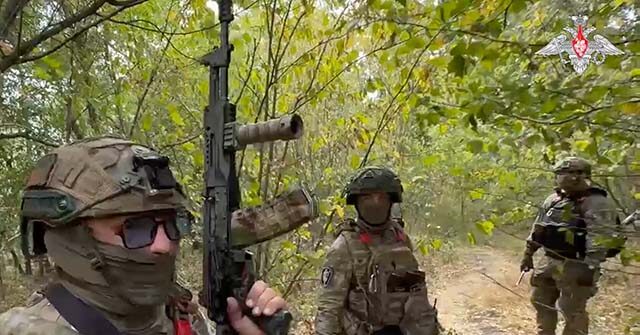South Korea’s National Intelligence Service (NIS) reported that over the past two weeks, North Korean troops deployed to Russia as mercenaries have been involved in active combat against Ukrainian forces in the Kursk province. This development comes amidst Ukraine’s efforts to reclaim territory previously occupied by Russian military, particularly in Kursk, which was invaded in August. While Ukrainian troops anticipated a diversion of Russian military resources to defend this region, Russia’s unexpected response was to enlist the aid of around 10,000 North Korean soldiers to bolster their defenses and counter the Ukrainian advance.
On the political front, North Korean leader Kim Jong-un solidified a “comprehensive strategic partnership” treaty with Russia, marking a significant military alliance that has emerged since the Cold War. This treaty outlines a mutual commitment to provide immediate military support if either country faces an attack, reflecting the deepening ties between Pyongyang and Moscow. Such agreements underscore their alignment against perceived external threats, particularly in the context of heightened tensions with NATO and Western powers.
In confirming the deployment of North Korean troops, U.S. State Department spokesman Vedant Patel revealed that these soldiers have been integrated into the combat operations in the Kursk Oblast, marking a notable shift in the conflict dynamics. Training provided by Russian forces encompasses essential military skills including artillery operation, drone usage, and infantry tactics, indicating a strategic incorporation of North Korean military capabilities into the Russian military framework. This alliance not only enhances Russia’s combat strength but also poses increased risks to Ukrainian forces on the battlefield.
The ramifications of this partnership have drawn significant attention from the international community. U.S. Secretary of State Antony Blinken articulated the grave implications of Russia employing North Korean soldiers, indicating that such actions necessitate a robust response from NATO and its allies. Blinken’s assertion that North Korean troops are actively combatting in Ukraine aligns with NATO Secretary-General Mark Rutte’s concerns about the additional threat these forces pose to Ukraine, reinforcing the perception of an evolving geopolitical landscape that is drawing in unconventional military alliances.
Ukrainian forces, for their part, have responded with a mix of disdain and determination. Reports suggest that they are aware of the North Korean mercenaries’ presence and have even taken the initiative to learn a few Korean phrases, employing humor as a form of psychological warfare. This approach reflects a broader strategy to maintain morale and bolster their resolve against a common adversary, even as the presence of North Korean troops adds a layer of complexity to an already volatile conflict.
In summary, the deployment of North Korean troops to the frontlines in Russia represents a significant development in the ongoing conflict with Ukraine, underscoring the deepening cooperation between North Korea and Russia amid rising tensions with NATO. The implications of this strategic partnership will likely resonate throughout the geopolitical landscape, with potential repercussions that may affect military strategies, territorial integrity, and international relations for both Ukraine and the broader coalition of Western powers engaged in supporting Kyiv against Russian aggression.

